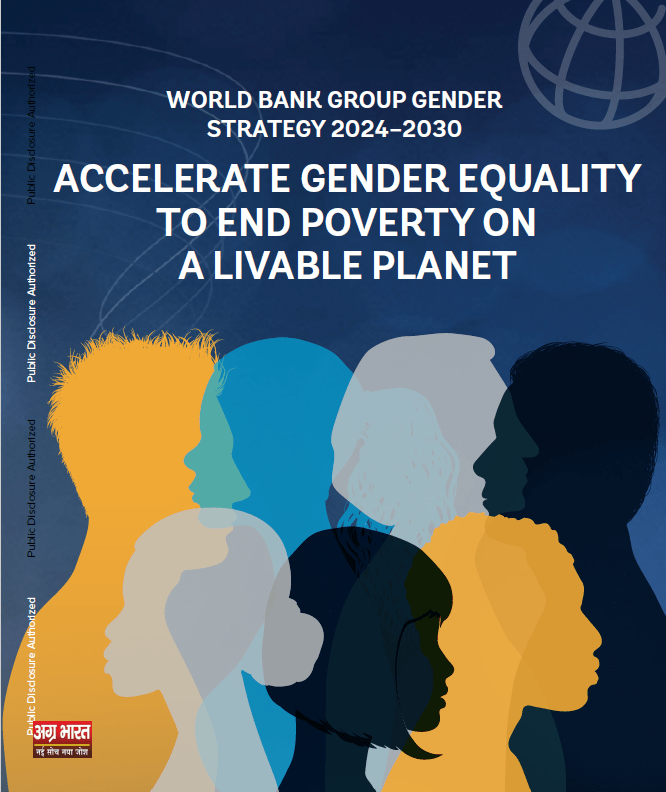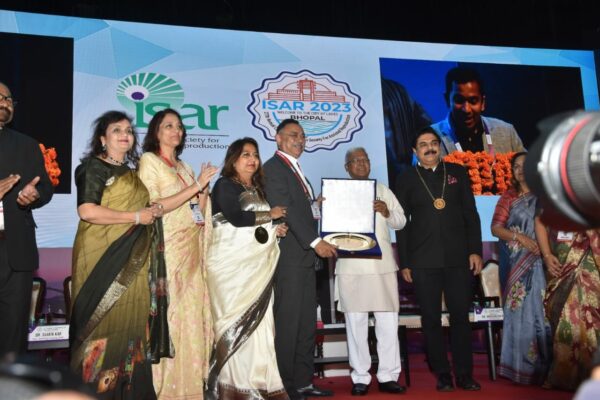India’s civilizational ethos is not only sufficient but superior in addressing the challenges that the WBG Gender Strategy aims to tackle. They highlight the risks of imposing external frameworks that can undermine the very structures that have sustained Indian society for thousands of years. Lets see how:
Attack on the Family Structure UN Strategy Claim: Emphasizes gender equality and rights, often interpreted as undermining traditional roles within the family. Indic Response: The Bharatiya family system is an integral part of our social fabric, promoting interdependence, mutual respect, and the well-being of all members. It inherently recognizes and respects the roles and contributions of every individual, ensuring that no one is left behind. Our traditional family structure, rooted in Dharma, fosters harmony and sustainability without the need for external interventions that often disregard these nuances.
Cultural Holism vs. Fragmentation UN Strategy Claim: Promotes individual rights and inclusion, but often through a lens that is disconnected from cultural contexts. Indic Response: Indian culture, with its foundation in the Purusharthas (the four goals of life—Dharma, Artha, Kama, and Moksha), offers a holistic approach to life that seamlessly integrates individual and societal well-being. This framework ensures that inclusion and rights are not just about individualism but are about fulfilling one’s duties in a way that supports the collective welfare. The UN’s approach often fragments this unity, imposing a Western framework that can be alien and disruptive to our cultural ethos.
Preservation of Spiritual Foundations UN Strategy Claim: Focuses on secular and technocratic solutions to social issues, often marginalizing spiritual and traditional knowledge systems.
Indic Response: Spirituality is not a relic but the guiding force of our civilization, informing our ethics, social structures, and governance models. Kautilya’s Arthashastra, for example, integrates spirituality with governance, emphasizing Lokahita (the welfare of people) as the ultimate goal of policy-making. Any strategy that disregards this spiritual dimension, as the WBG document does, risks alienating the very people it aims to help by imposing alien values.
Civilizational Continuity vs. External Disruption UN Strategy Claim: Positions itself as a necessary force for modernizing and ‘correcting’ traditional practices. Indic Response: Indian civilization has thrived for millennia through its ability to adapt and integrate diverse influences while maintaining its core values. The imposition of external frameworks, as seen in the UN’s strategy, threatens this continuity by disregarding the civilizational wisdom that has guided our social policies for ages. True modernization in the Indian context should involve the integration of Indian Knowledge Systems (IKS) with contemporary practices, not the wholesale replacement of indigenous structures.
Wicked Problems and Simplistic Solutions UN Strategy Claim: Proposes technocratic, one-size-fits-all solutions to complex social issues. Indic Response: The challenges addressed in the WBG strategy are ‘wicked problems’—complex issues that cannot be resolved through simplistic, technocratic solutions. Indian epistemology teaches us that such problems require a multifaceted approach, incorporating local wisdom, spiritual insights, and inclusive dialogue. The Western approach often misses this complexity, leading to solutions that are not only ineffective but also potentially harmful.
Dharmic vs. Rights-Based Approach UN Strategy Claim: Advocates a rights-based approach to gender and social issues. Indic Response: The Dharmic approach is inherently more inclusive, emphasizing duties and responsibilities alongside rights, which ensures a balanced social order. This contrasts with the UN’s rights-based model, which can lead to conflict and fragmentation by overemphasizing individualism at the expense of collective harmony. The Indian way is to ensure that all actions contribute to the welfare of society, including gender equity, without disrupting the social fabric.
Enforcing this on nations means it will be the way to judge not just credit worthiness but also the society as a whole.
Gargi Joshi Goyal
https://x.com/JoshiGargiGoyal





